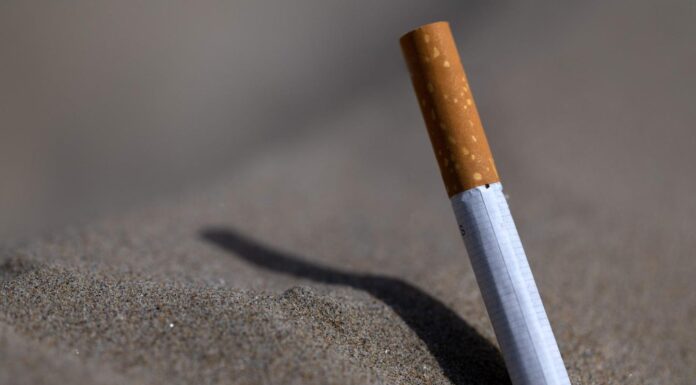Published on
The growing phenomenon of “donor fatigue” is raising alarms across the global health and development sectors, as longstanding financial donors, particularly in the United States under the Trump administration, scale back their commitments.
In an interview with Euronews, José Manuel Barroso, Chair of the Board of the Vaccine Alliance GAVI and former President of the European Commission, acknowledged the mounting concerns over the future of international aid.
“There is some concern in the development community about continued support for development in general, and particularly in public health,” Barroso said. “That said, I believe we will overcome these challenges.”
Barroso emphasised the need for a more results-oriented and efficient approach to aid delivery. He acknowledged that inefficiencies persist within both donor and recipient countries and called for smarter allocation of resources.
“If we’re being honest, we have to recognise that aid is not always delivered in the best way,” he said. “This is the right moment to focus on what can be gained through greater efficiency.”
He cited GAVI, a global organisation that supplies vaccines to millions of children in low-income countries and its ongoing reform efforts as an example of how the aid sector can adapt.
These reforms aim to eliminate redundancies, avoid overlap and improve outcomes.
“As a public-private partnership, we strive to avoid bureaucracy and bring the dynamism of the private sector to maximise efficiency,” Barroso said.
US policy shift
Adding to the uncertainty is a shift in US policy. In January, the Trump administration ordered a sweeping review of nearly all American aid programs, which raised questions about the country’s long-term commitment.
Historically, the United States has been a cornerstone of global health efforts, providing both financial support and on-the-ground expertise.
“The United States has been a great supporter of international development,” Barroso noted. “We hope that commitment continues, not only from the US, but also from all traditional donors, including G7 countries.”
However, Washington recently announced plans to halt funding for GAVI, following criticism from top US health official Robert F. Kennedy Jr, who claimed the group had “ignored the science” on safety issues.
Despite this, Barroso struck an optimistic note on GAVI’s relationship with the US.
“We are working constructively with this administration,” he told Euronews.
Rise of new donors
As traditional donors retreat, attention is turning to emerging contributors such as Brazil, India and private sector partners to help fill the gap.
Barroso welcomed the involvement of these new players.
“If there is a gap, it will be filled by non-traditional donors and increased private sector engagement,” he said.
Europe, too, is grappling with funding constraints. Rising defence spending, driven by evolving geopolitical threats, is now competing with development budgets for scarce public resources.
The EU’s Readiness 2030 plan, which envisions up to €800 billion in defence spending by 2029, risks further marginalising health and aid priorities.












